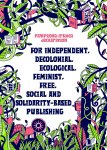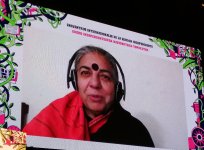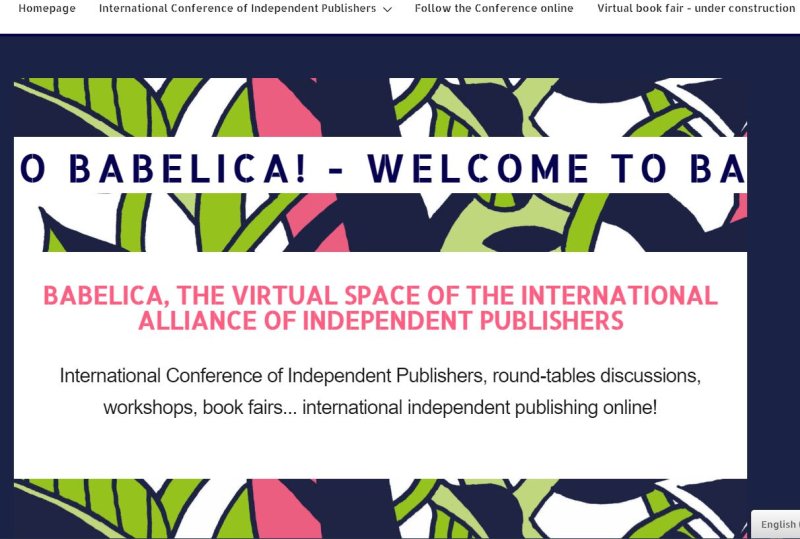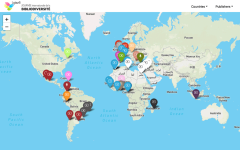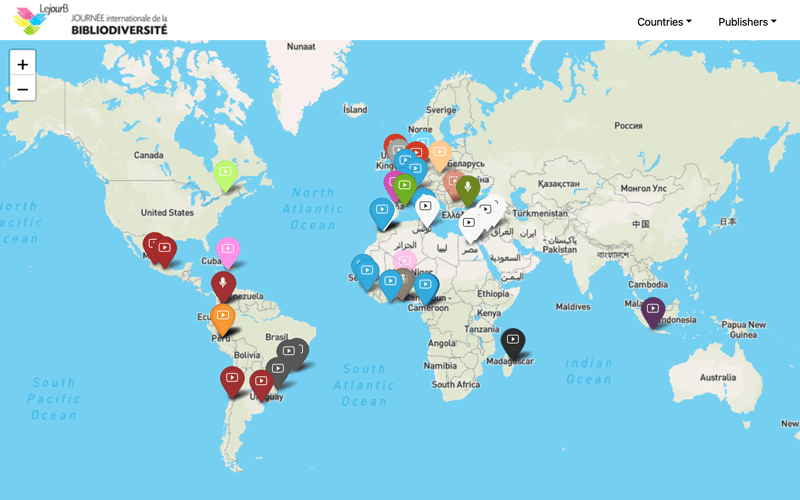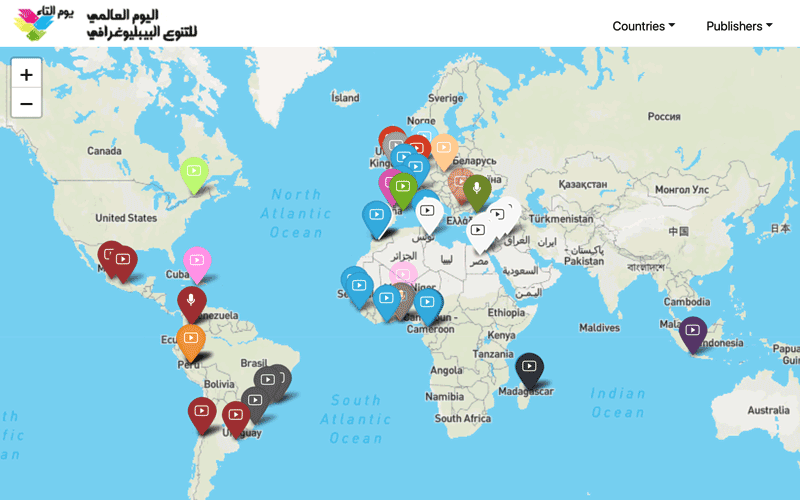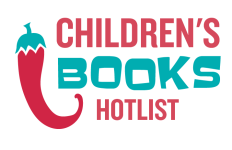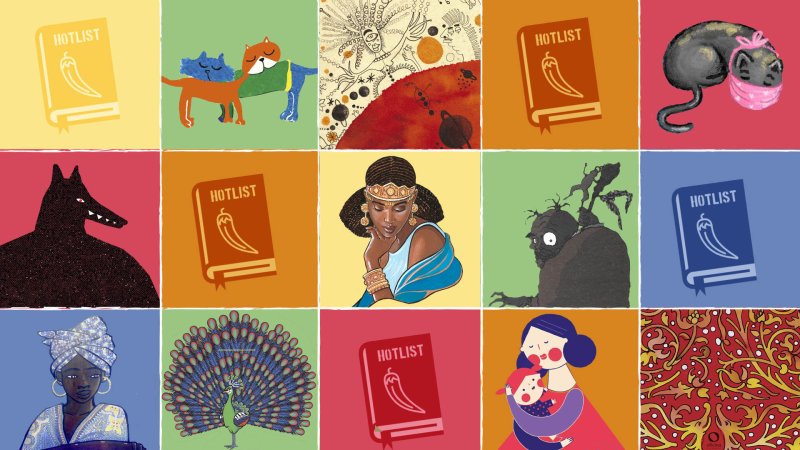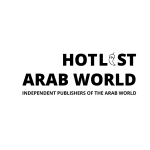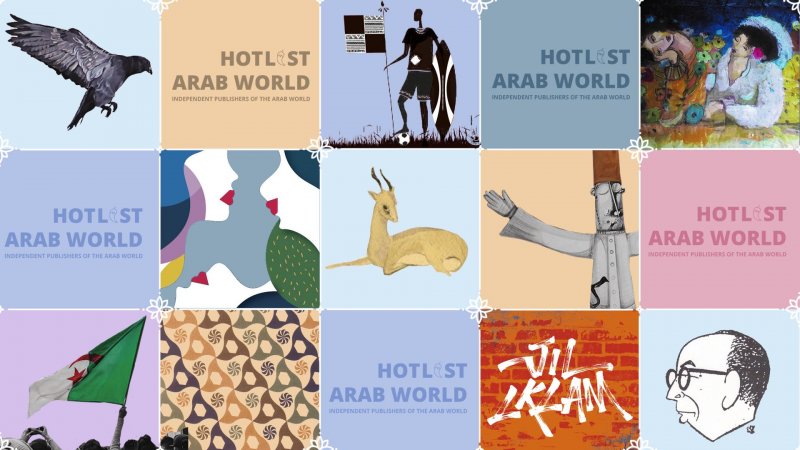
Gratteurs d’écailles dans une poissonnerie, vendeurs ambulants de montres de pacotille ou de statuettes en bois, journaliers payés au noir pour décharger des sacs d’un camion, hommes à tout faire d’un commerçant pakistanais qui revendait des pots de crème à l’hydroquinone censés procurer aux nègres l’éclat d’une peau blanche, la leur ne faisant plus l’affaire. Sur le marché Dejean, on trouvait de tout...
Née au Mali, Khadîja élève seule quatre enfants à Paris, dans le quartier de Château-Rouge. Pétrie de double culture, musulmane mais le doute chevillé au corps, elle se retrouve exclue de sa communauté du fait de sa liaison avec Jacques, le père de son fils métis.
Cercle après cercle, depuis ses voisines maliennes jusqu’aux patriarches du foyer Sonacotra et à ses propres enfants, Khadîja passe en jugement. Mais cette absurde comparution, où Africains et Européens rivalisent dans la bêtise et l’injustice, réveille en elle une force et un humour inattendus.
Tableau intense de Château-Rouge, Des fourmis dans la bouche est porté par une écriture inventive au ton très singulier, fondée sur la double appartenance. Un roman qui dit la difficile liberté d’une femme africaine en France.
Khadi Hane est née à Dakar en 1962. Venue en France pour poursuivre ses études, elle vit aujourd’hui à Paris. En 1998, elle publie son premier roman, Sous le regard des étoiles (Nouvelles éditions africaines du Sénégal). Suivent, entre autres, Le collier de paille (2002), Ma sale peau noire, Il y en a trop dans les rues de Paris (2005), Des fourmis dans la bouche (Denoël, 2011) pour lequel elle reçoit le Prix Thyde Monnier 2012 de la Société des Gens de lettres, et Demain, si Dieu le veut (Joëlle Losfeld, 2015).
Coéditeurs : Apic (Algérie), Eburnie (Côte d’Ivoire), Ganndal (Guinée Conakry), Graines de Pensées (Togo), Le Fennec (Maroc), Proximité (Cameroun), Sankofa & Gurli (Burkina Faso) et Tombouctou (Mali)
Date de publication de la version panafricaine : 2021, 11,5 X 19 cm
Édition première en France : Éditions Denoël, 2011
Maquettage pour le collectif de maisons d’édition : éditions Apic (Algérie)
Choix de la couverture et corrections : le collectif de maisons d’édition
Impression commune en Algérie pour l’Algérie, la Guinée, le Togo, le Burkina Faso et le Mali. Transport des exemplaires d’Algérie vers le Mali par avion puis dispatch dans les différents pays par voie routière.
Impressions locales directement dans les pays pour la Côte d’Ivoire, le Maroc et le Cameroun.
Cette coédition solidaire porte le label Le livre équitable.
Créée en 2007, la collection « Terres solidaires » est une expérience collective. Elle propose des textes littéraires d’autrices et auteurs africain.e.s, édités par un collectif de maisons d’édition en Afrique francophone. Grâce au principe de la coédition solidaire, les textes circulent, sont disponibles et accessibles pour les lecteurs africains ; l’écosystème du livre local est préservé et renforcé.
La collection « Terres solidaires » est soutenue par l’Organisation internationale de la Francophonie (OIF).
